37 Capítulo 4: Sección 3: El futuro
Section Goal
In this section, students will learn to express where they are going to go and what they will do.
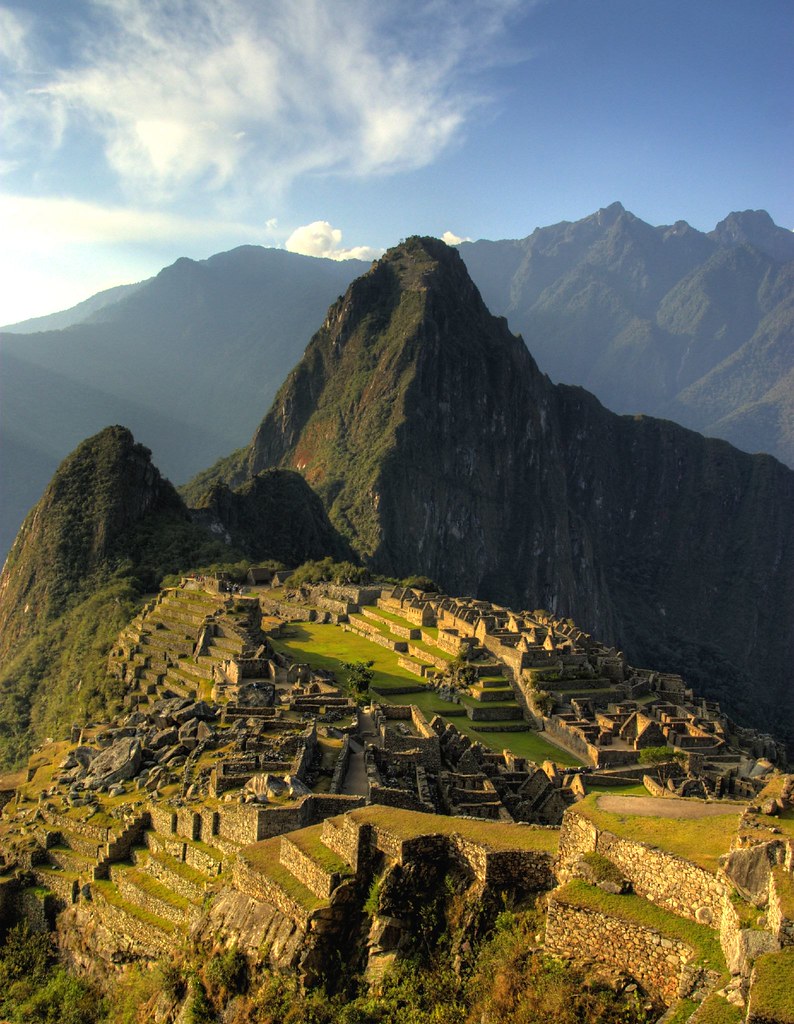

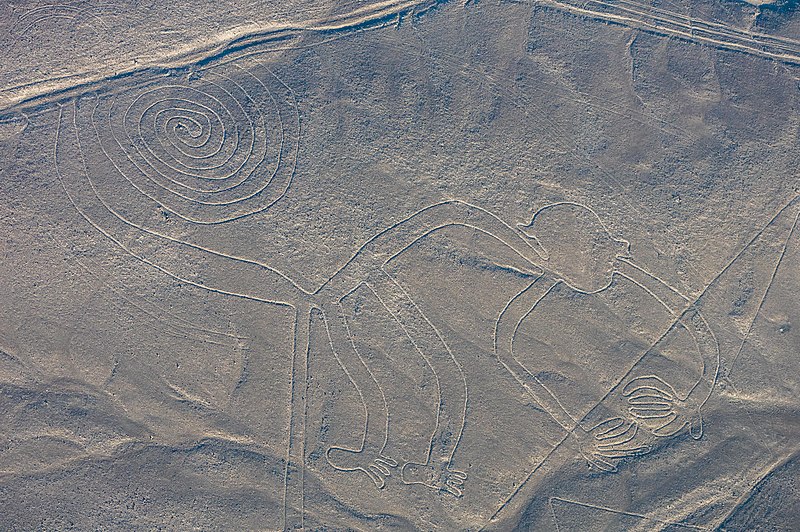
Actividad 13. La próxima semana
Instructions: What are you going to do next week? Read the example and complete the answer based on your plans next week.
- Marta: Yo voy a viajar a Perú la próxima semana. Voy a visitar Machu Picchu. También, voy a ver las líneas de Nazca. ¡Va a ser un viaje maravilloso! ¿Y tú, qué vas a hacer la próxima semana?
- Tú: La próxima semana, yo voy a _____________________________________________________________
Vocabulario
Expressions to talk about the future
- La próxima semana __________________________________________
- El próximo (lunes, etc. / mes / año) _______________________________
- El (año / la semana / mes) que viene _____________________________
- Este (lunes, etc. / fin de semana / mes / año) ________________________
- Esta (semana/mañana/tarde/noche) _____________________________
- Hoy _____________________________________________________
- Mañana __________________________________________________
- Por la (mañana/tarde/noche) ___________________________________
Gramática
The expression ir + a + infinitivo is used to speak about the near future in Spanish. The English equivalent is “To be going to _______.” First, conjugate ir according to who is going to do the action. Second, add a. Then, add the infinitive form of the verb for the future action.
- Este fin de semana, yo voy a salir con mis amigos.
- Mañana, Eduardo va a viajar a Madrid.
- El próximo jueves, mi familia y yo vamos a ir a un concierto.
- Ángela va a comprar un carro nuevo el sábado.
Actividad 14. ¿Qué van a hacer?

Instructions: Use ir + a + infinitivo and time expressions to say what the people in the pictures below are going to do in the near future.
- Modelo: Ustedes comer en un restaurante.
- Ustedes van a comer en un restaurante el próximo sábado.
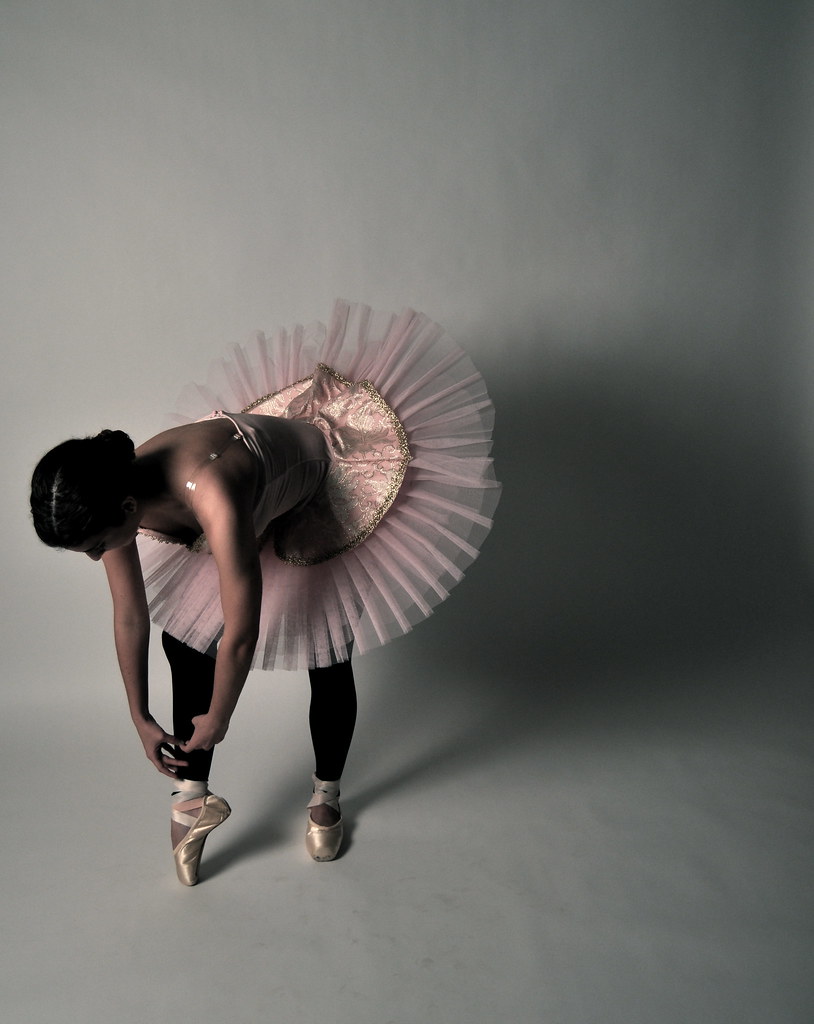
- Una bailarina (bailar)
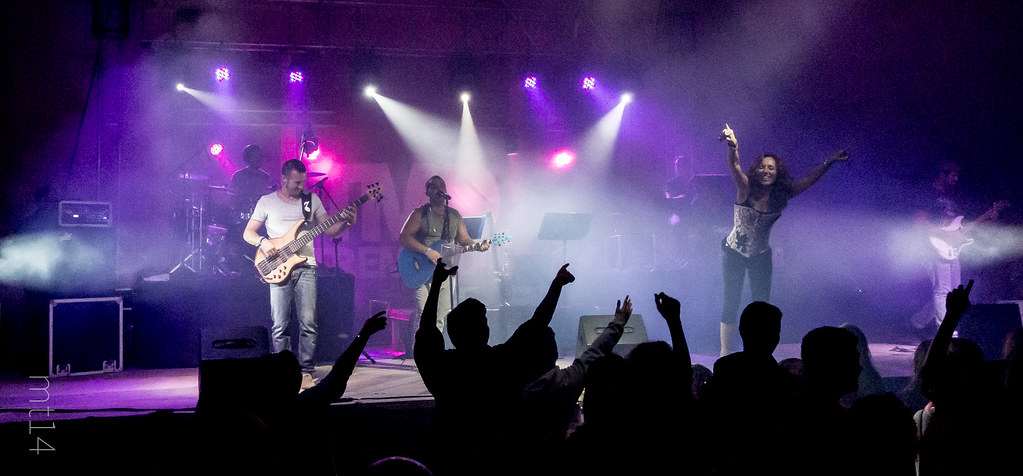
- Mis amigos y yo (ir) a un concierto

- Jaime (escribir) una novela
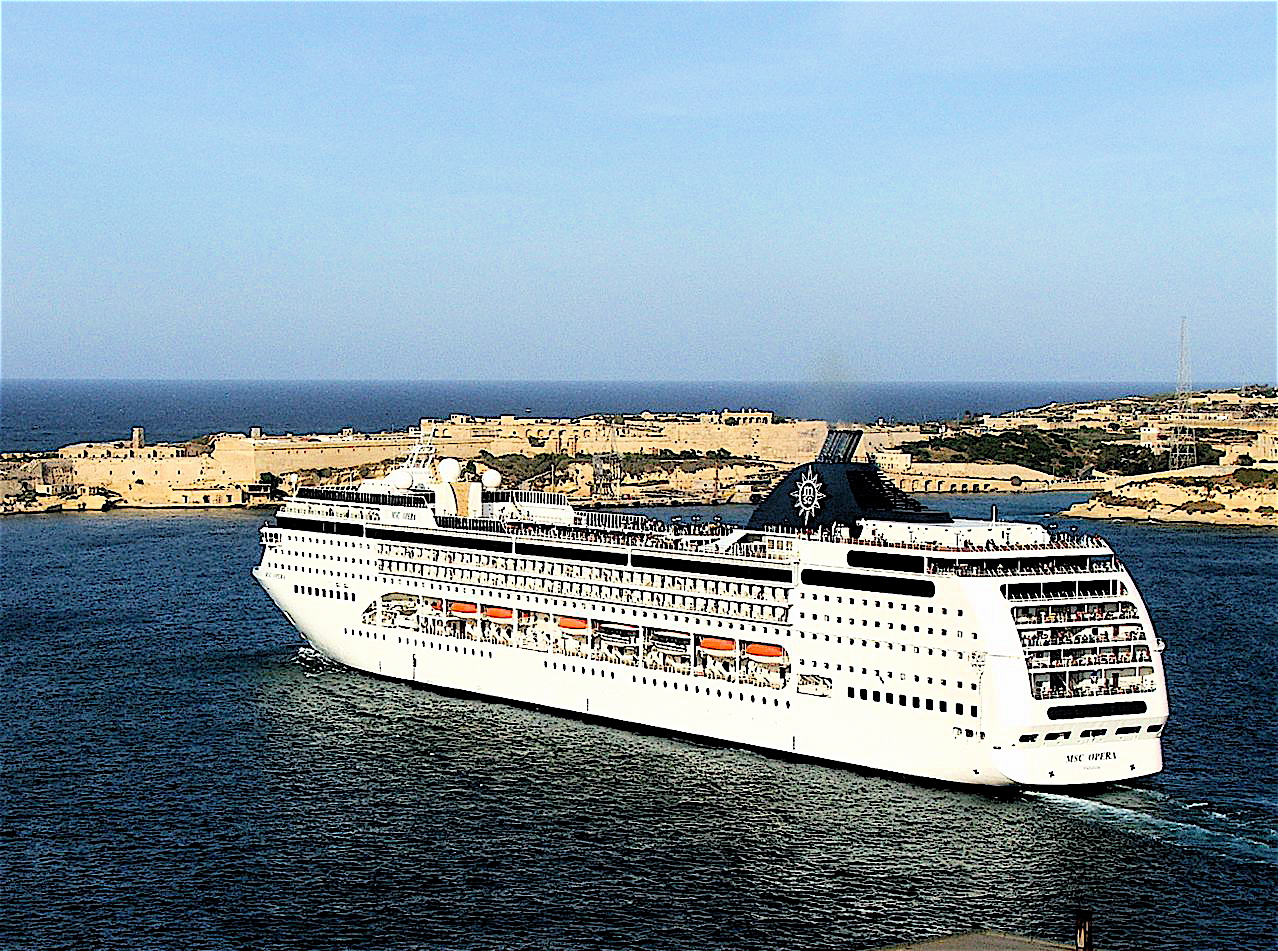
- Mis abuelos (hacer) un crucero
¡A mirar!
Actividad 15. Preguntas personales
Context: In the video, Guillermo expresses what he is going to do on specific dates.
Instructions: Watch the video and respond to the questions in complete sentences about Guillermo. Respond to the question “¿Qué va a hacer Guillermo?” for the specific dates given.
- Modelo: ¿Qué va a hacer Guillermo esta tarde?
- Guillermo va a leer esta tarde.
- ¿Qué va a hacer Guillermo esta tarde?
- ¿Qué va a hacer él este fin de semana?
- ¿Qué va a hacer mañana?
- ¿Qué va a hacer el próximo mes?
Listen to the audio. Then, write what you are going to do for the specific dates given.
- Modelo: ¿Qué vas a hacer el próximo sábado?
- Yo voy a cocinar con mi madre.
- ¿Qué vas a hacer esta tarde?
- ¿Qué vas a hacer este fin de semana?
- ¿Qué vas a hacer mañana?
- ¿Qué vas a hacer el próximo mes?
Actividad 16. El fin de semana de la / del prof
Instructions: Work with a partner to guess what your professor will do this weekend. Be prepared to turn your guesses into questions for your instructor to answer if your guesses are true. Write down 5 of your guesses in complete sentences.
- Modelo: El profesor / La profesora / Le profesore va a comer en un restaurante con su familia.
Turn your previous statements into yes/no questions to find out whether your professor is going to do those activities.
- Modelo: Va a comer en un restaurante con su familia.
- ¿Usted va a comer con su familia el fin de semana?
How many did you guess correctly? ________
¡A escribir!
Actividad 17. Una carta
Instructions: Write a letter to your best friend sharing what you are going to do on your next vacation. Below are some guidelines for your letter.
- Greet your friend.
- Ask how he/she is doing.
- Try to answer the following in the letter:
- ¿A dónde vas a ir?
- ¿Con quién/quiénes vas a ir?
- ¿Cuándo vas a ir y regresar?
- ¿Dónde vas a dormir (to sleep)?
- ¿Dónde vas a comer? ¿Qué vas a comer?
- ¿Qué actividades van a hacer?
- Include at least 3 different activities and use the letter format given below:
Querido/a/e/ (Their name. When writing an informal email or letter, you address the person using their name),
Saludos cordiales (warm regards),
(your name)

